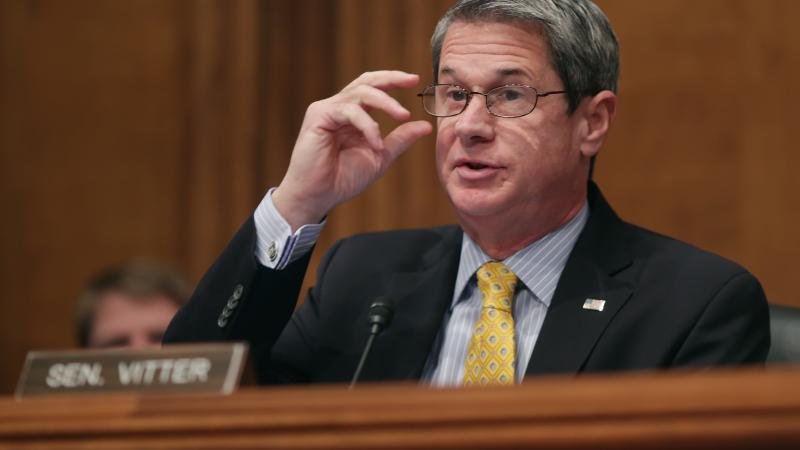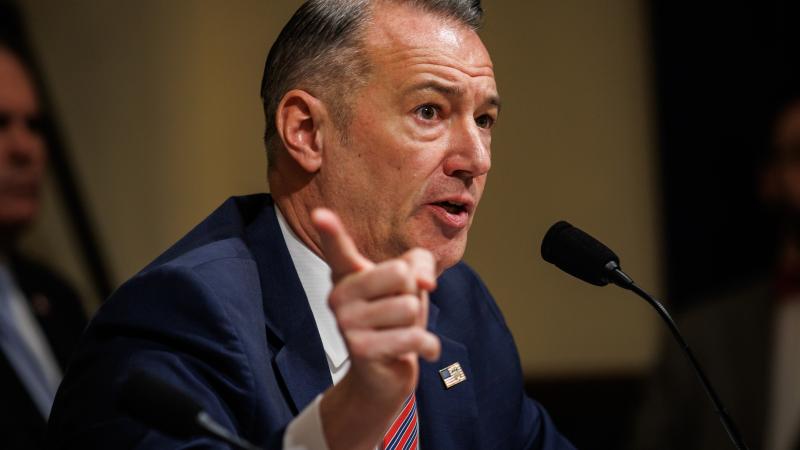Supreme Court rules in favor of Google and Twitter, but doesn't rule on protections from lawsuits
The justices unanimously rejected a lawsuit that alleged that the corporations allowed their platforms to be used to aid an attack at a Turkish nightclub.
The U.S. Supreme Court ruled in favor of Google, Twitter and Facebook in lawsuits seeking to hold the companies liable for terrorist attacks Thursday, but avoided ruling on their broad protection from lawsuits.
The justices unanimously rejected a lawsuit that alleged that the corporations allowed their platforms to be used to aid an attack at a Turkish nightclub in 2017 where 39 people were killed.
Another lawsuit having to do with an American college student being killed in Paris in an Islamic State terrorist attack in 2015, accused Google of not doing enough to stop its platform from being used by extremist groups to radicalize and recruit people.
That lawsuit was returned to the lower court, according to the Associated Press.
“We therefore decline to address the application of Section 230 to a complaint that appears to state little, if any, plausible claim for relief,” the court wrote in an unsigned opinion.
Section 230 is part of a 1996 law that is intended to provide a legal shield for these types of tech companies from liability for the social media posts of others.
Regarding the Paris attack, the family of the victim is determined to sue Google for YouTube videos they said helped attract IS recruits and radicalize them. According to them, Google is responsible since they own YouTube.
The U.S. Court of Appeals for the Ninth Circuit ruled that the majority of the claims were protected by Section 230, the internet immunity law.
















